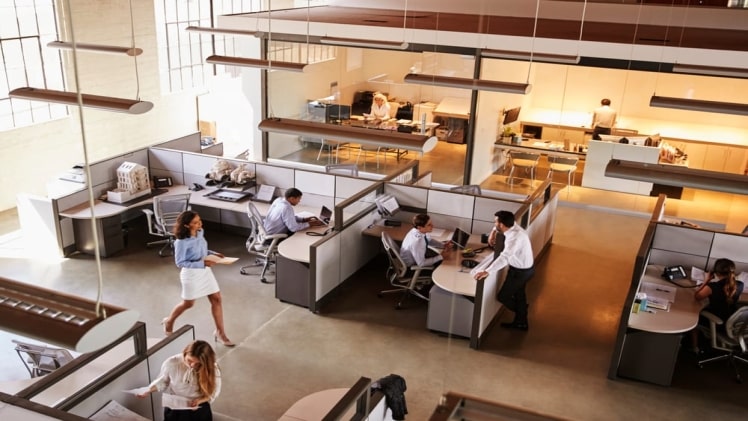Facility management is an interdisciplinary field that includes everything from food to tech, manufacturing to e-commerce, and anything in between. On the other hand, effective facility management methods are easily transferable from one business to another, even though the core of each is significantly different from its nearest competitors. In truth, it is one of the very few job roles that can be found in a wide range of medium and large organisations, from government entities like schools and hospitals to private companies like those that oversee warehouse inventory. The field also has a lot of complexities. Thus hiring facility management services is a good idea. Irrespective of mutual preferences, facility management methodologies must be particular for the sector in which they are used. Since facilities management covers such a wide variety, such as the company’s sustainability strategy and even safety procedures, your organisation must take a comprehensive approach.
Listed below are the interest areas and elements that widely constitute facility management
Key Responsibility Areas Facility Project Management Covers
Because facilities managers’ primary goals are security, upkeep, and management, this should go without saying that they must also formulate and maintain a complete list of programs to ensure that all in the facility operate well. Here are a few characteristics of how project management methodologies might help a facility’s overall effectiveness:
A facility manager is responsible for creating project timelines that include functional and scope needs. All people, including contractors and consultants, get improvement and job advancement assistance. They are also monitoring transparent statistics for every project to ensure that any changes to the timeframe, budget, or human resources are notified to upper management as soon as possible. They are also tasked with developing a comprehensive training strategy to ensure that all workers are adequately trained.
Costing out all of the building projects that have been suggested is another critical area that they ought to focus on. Besides, even monitoring any servicing or upkeep modifications to the agency’s systems is crucial. Set up meetings and receive clearance for any necessary space alterations for modernisation. They also look into developing auditing systems to ensure that all applicable requirements, including the latest ISO standards, are satisfied, along with compliance suggestions.
Elements of Facility Management
As per the International Facilities Management Association, facility management services is a multidisciplinary activity that addresses the coordination of staff, environment, systems, and equipment. To put it differently, a facilities manager is responsible for the entire building, such as establishment, security, protection, and maintenance, as well as vital, day-to-day operating processes.
It could appear that entrusting a maintenance program with one person or a small group is a daunting responsibility – and it is – but it’s critical to remember that the management system is only one aspect of what makes a business succeed. All vital divisions must interact with facilities teams to ensure a firm’s overall effectiveness.
Summing Up: To summarise, facility management is a natural, often challenging profession that necessitates competent, forward-thinking, but most importantly, responsible management that analyses their institution’s requirements comprehensively. Managers may use various facilities management services to stay up to speed on contemporary trends and best practices. Aside from these traits, the most competent managers have a broad spectrum of experience or a specialised degree in the field.

